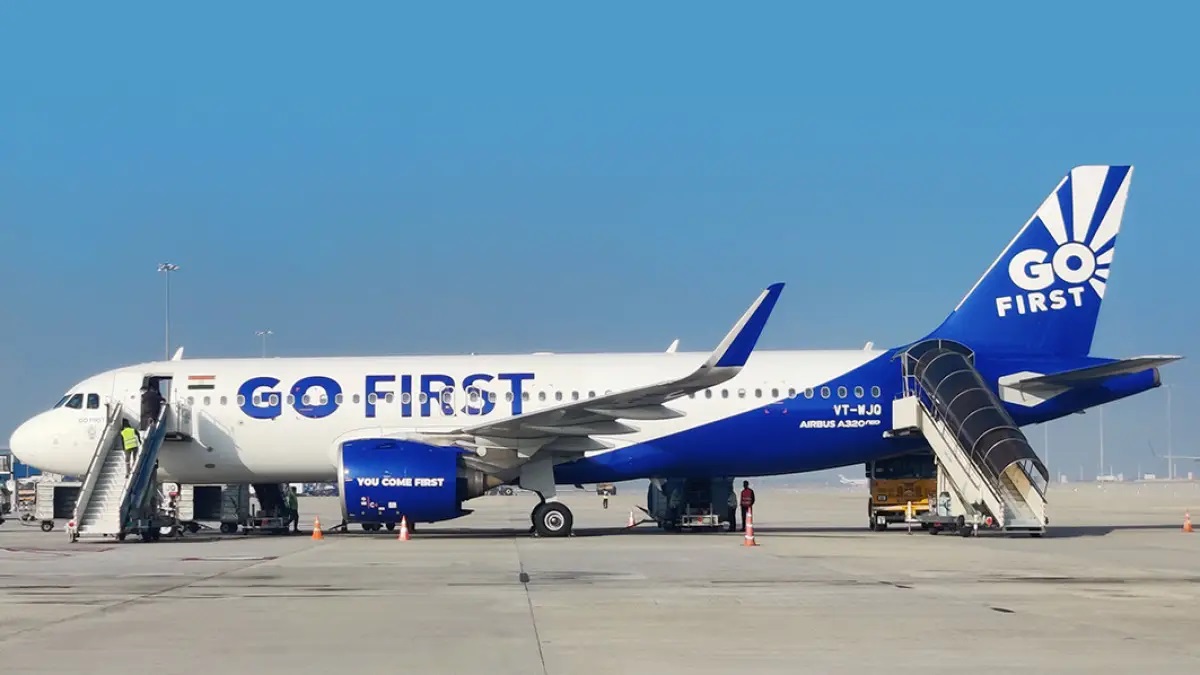India is taking steps to ratify the Cape Town Convention, a global treaty that guarantees lessors’ rights to repossess high-value equipment, such as aircraft, helicopters, and engines, in case of payment defaults. Adopted at a diplomatic conference in Cape Town in 2001 under the auspices of the International Civil Aviation Organisation (ICAO) and the International Institute for the Unification of Private Law (UNIDROIT), the treaty aims to enhance the confidence of lessors worldwide.
Although India signed the convention, its ratification has been pending in Parliament. This gap has led to local courts’ judgments taking precedence over the convention’s norms. In response, the government initiated inter-ministerial consultations last year to revise the Bill originally tabled in 2018. The urgency for ratification has heightened following the Go First crisis, which raised concerns among global lessors about leasing aircraft to Indian airlines and increased India’s reputation as a risky jurisdiction.
The revised Bill prioritises the provisions of the convention in case of conflict with existing laws and empowers the Centre to formulate rules for its implementation. This step is expected to bolster lessors’ confidence, reduce lending costs, and positively impact airfares in India’s aviation sector. Industry experts have lauded the move, noting its potential to strengthen India’s growing aviation market by providing a robust legal framework for aircraft asset management.
“With over 2,700 new airplanes anticipated in India over the next 20 years, recognising the Cape Town Convention under Indian law is crucial for smooth aircraft asset management. The lack of ratification increases risks for creditors, leading to higher leasing rates,” said Salil Gupte, President of Boeing India and South Asia. The ratification is expected to align India’s aviation policies with international standards, creating a more secure and efficient environment for lessors and airlines alike.






